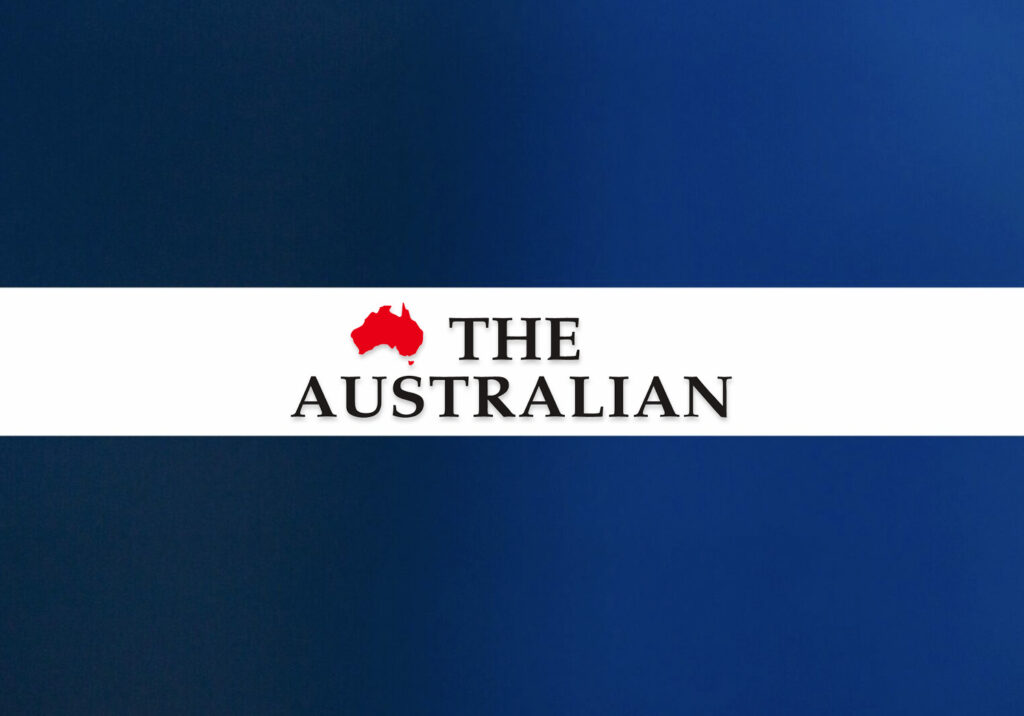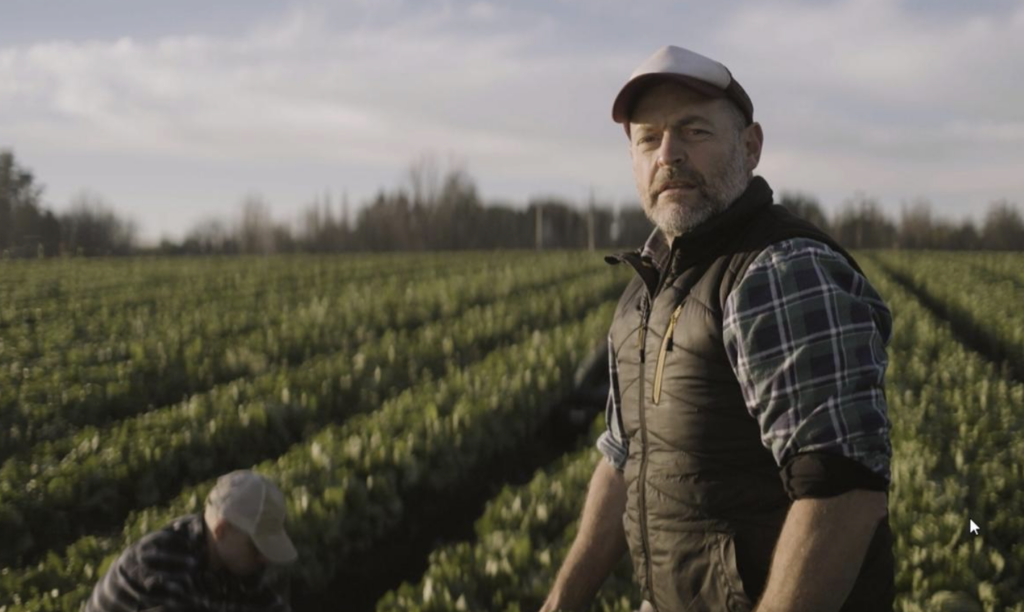
Article by Geoff Chambers courtesy of the Australian.

Australia’s biggest employer groups will fire a new salvo against the Albanese government’s industrial relations shake-up on Wednesday, launching a multimedia advertising blitz warning the IR overhaul will make the cost-of-living crisis worse.
The Find a Better Way campaign, backed by mining, farming, building, recruiters, big and small business groups, says Labor’s same job, same pay laws are “not about equal pay for men and women and it’s not about closing loopholes”.
The ads, filmed on a construction site and farm, carry the slogan “the bill all Australians will have to pay” and raise concerns about higher costs for homebuyers, renters and shoppers.
“It means that subcontracting work essential for tradies and builders will be less flexible and less efficient, making building more expensive. When building is more expensive, housing and renting becomes more expensive,” the TV and radio ads authorised by Master Builders Australia says.
“It means when farmers are extra busy and need casual workers, it will be less flexible and more expensive. And when it’s more expensive for farmers, it’s more expensive at the checkout,” another ad authorised by the National Farmers’ Federation says.
Print ads obtained by The Australian feature a concerned woman shopping in a supermarket and carry the slogan: “Same Job, Same Pay will increase the cost of your groceries”.
“They say it’s just closing loopholes but, in reality, it will force employers to pay their least experienced and least productive temporary workers the same as their most experienced and most productive full-time workers,” the ad says.
“Economists agree that this will decrease productivity and increase the cost of everything, including your household bills and groceries at the checkout.”
The Find a Better Way campaign, which recently sent millions of texts to Australians warning about the IR reforms, launched its first round of attack ads in June.
The first ads warned Australians that if you believe in being rewarded for your experience and working harder – “same job, same pay will take that away”. The June ads were run without seeing the detail of the IR legislation. The new ads link the housing and cost-of-living crises with the IR overhaul.
In her opening address to the Minerals Week conference in Canberra on Tuesday, Minerals Council of Australia chief executive Tania Constable said the proposed IR laws are “nothing short of an act of national economic self-harm”.
Ms Constable, who is leading the multimillion-dollar, cross-industry campaign against the union-backed IR reforms, said the government’s 284-pages of legislation contain no measures to increase competition, enhance innovation and reduce inflation.
“There were dozens of measures that are deliberately designed to do the exact opposite,” Ms Constable said.
The mining chief, who represents companies including BHP, Rio Tinto, Glencore and Whitehaven, said the same job, same pay proposal goes “well beyond just labour hire” and applies “equally to every service contractor that provides a service – not labour”.
“It applies equally to related entities within corporate groups. Second, it has nothing to with closing any ‘loophole’. Instead, it could capture every business in Australia that employs staff and provides a service to another business. This will capture thousands of businesses and millions of workers,” she said.
The worsening stoush between employers and the government comes as new legal advice from Seyfarth Shaw Australia warned that Labor’s proposed rules on casuals impose substantial risk for employers and workers.
The advice says employees won’t have the certainty of working on particular days, employers will be compelled to change-up rostering, that long-term roster commitments for casuals will end and that businesses will experience higher turnovers of staff.
“These measures, however well-intentioned, risk having precisely the opposite effect. Driving uncertainty and insecurity for those people who actually want, and feel well served by, casual employment,” the advice said.
“Simply put: too uncertain + serious consequences = high risk. Well-resourced employers will identify and take steps to mitigate this risk. As they do with any risk. And how can a small-business owner possibly hope to apply more than 10 abstract notions, to assess the “real substance” and “true nature” of their casual employees on an ongoing basis?
The legal advice says the use of casual employment will “change at the initiative of employers, regardless of the choice exercised by employees”.
“It will not result in casual employees having the choice of permanent employment in all circumstances. Some employers will avoid casual employment altogether. Others will change their work practices to reduce the risk.”
Industry groups warned the changes to casual employment would discourage companies from taking on casuals.
Workplace Relations Minister Tony Burke on Tuesday defended the department costings that estimated the labour hire and gig economy changes would cost employers up to $9bn in higher wages over the next decade.
The department said the digital platforms could pass on the extra wage costs through “higher prices for consumers”. Mr Burke said the figure represented only a small percentage of Australia’s total wages budget.
“You look at that (figure) and you say that is an extraordinary amount of money for people to have been underpaid,” Mr Burke said.
“You look at it in the context of the total wages budget of Australia, because there was an allegation that somehow this meant massive cost to consumers, that figure when you look at it as a percentage of Australia’s wages budget is 1/10 of 1 per cent of what wages are in Australia. So let’s get all of this in context.”
Council of Small Business Organisations Australia chief executive Luke Achterstraat told The Australian that small businesses would be hit hard by the IR changes regardless of carve-out claims by Mr Burke.
“Small business owners don’t have big HR departments, are time poor and 43 per cent are not turning over a profit,” Mr Achterstraat said.
“We do not have exemptions from major systemic changes. There are linkages between small businesses and the rest of the economy and we will be directly affected. This is a step in the wrong direction.”
Mr Achterstraat said changes in the definition of casual workers were a particular concern because it is already “very difficult to hire people and find skilled workers”.
Australian Chamber of Commerce and Industry chief executive Andrew McKellar said the data used by the department was from 2021 making its findings outdated given the growth of the gig economy.
“The true cost of the legislation will be far greater, lumping the burden of the government’s ill-conceived plan on consumers,” he said.
Business Council of Australia chief executive Jennifer Westacott said the proposed changes were unworkable, unnecessary and economically risky.
“The government’s own figures show that this will be an enormous cost and that will hit the bottom line of every household in Australia,” Ms Westacott told Sky News.
She said the bill’s changes to casual employment were enormously complex and employers would be advised not to hire casual workers.
Recruitment Staffing Consulting Association chief executive Charles Cameron said the changes would “result in the removal of casual loadings for hundreds of thousands of workers”.
“The Albanese government’s new workplace relation laws will make it a legal offence for an Australian worker to enjoy both a 25 per cent casual pay loading and predictable hours of work,” he said.
Chief Political Correspondent
Geoff Chambers is The Australian’s Chief Political Correspondent. He was previously The Australian’s Canberra Bureau Chief and Queensland Bureau Chief.